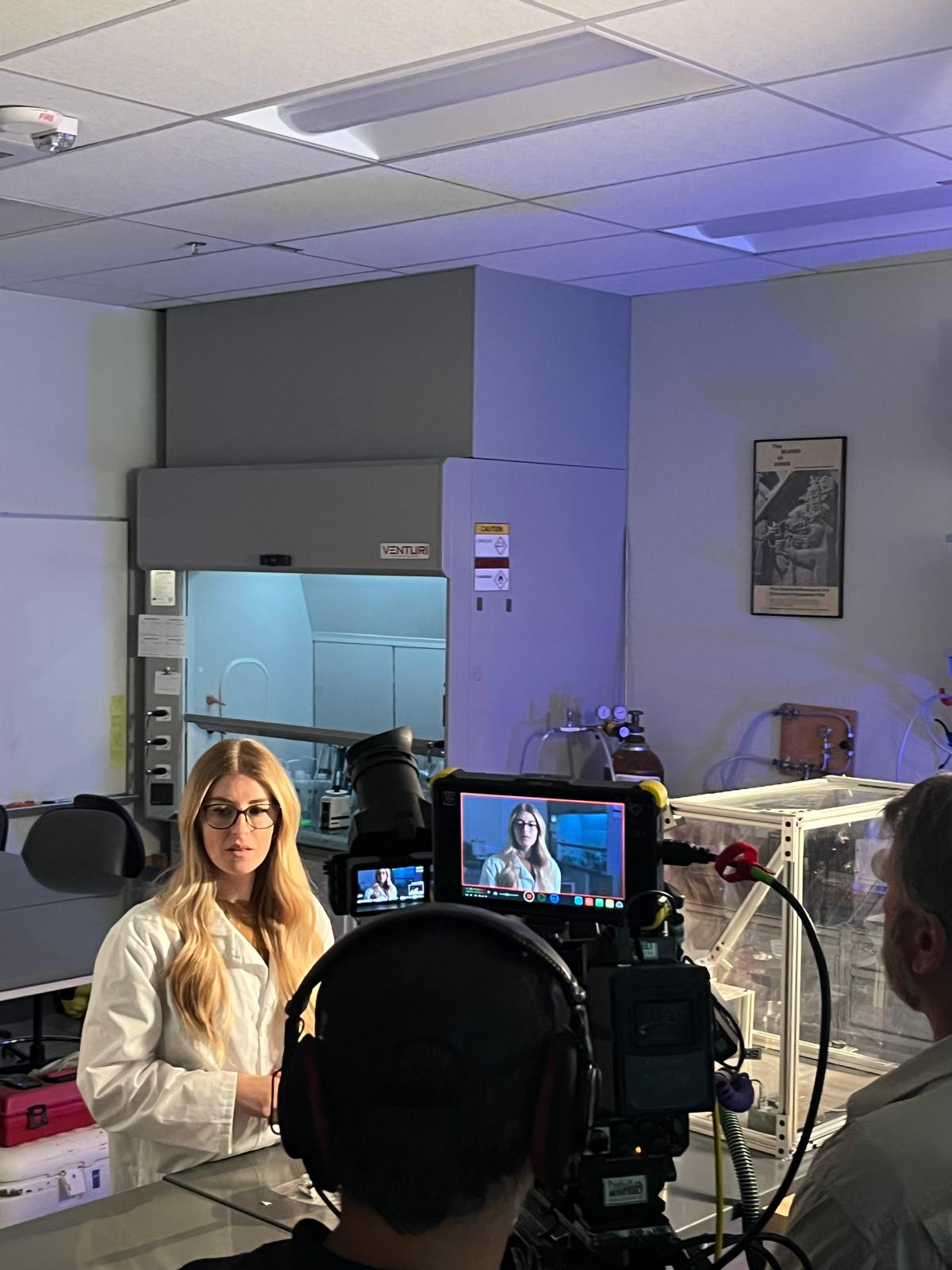Paige Lynh Awarded a Dissertation Fieldwork grant from the Wenner-Gren Foundation for Anthropological Research
Departmental News
Posted: May 27, 2024 - 12:00am

Paige Lynch, graduate student in the Evolutionary Anthropology program, has been awarded a Dissertation Fieldwork Grant from the Wenner-Gren Foundation for Anthropological Research.
This grant program funds doctoral or thesis research that advances anthropological knowledge. Our goal is to support vibrant and significant work that furthers our understanding of what it means to be human. There is no preference for any methodology, research location, topic, or subfield. The Foundation particularly welcomes proposals that integrate two or more subfields and pioneer new approaches and ideas.
Abstract
I propose to investigate the interplay between biology and culture by examining how non-elite people responded biologically during significant sociocultural and climatic change periods. The human skeleton represents one’s biological history, recording lived experiences that reveal an individual’s biocultural response to their environment. A political-economic lens allows for a deeper interpretation of why sociocultural changes impact biology whereas embodiment theory enlightens how the body responds. Traditionally, non-elites are overlooked in historical and archaeological studies, despite comprising most of a population. In line with recent dialogues in anthropology, this research gives agency to historically silenced individuals. This project will use molecular and skeletal analyses of human remains combined with historical documentation to examine how institutional inequality impacts ordinary people. The late Medieval (14-16th c.) and post-Medieval (17-18th c.) periods in Poland provide an ideal case study because Poland experienced a cultural shift toward a feudal economic social structure. I will investigate how sociocultural factors impact biological responses by evaluating the relationship between sociocultural changes and migration, the effects on diet, and the impacts on early life skeletal manifestations of stress and adult longevity. The results can advance bioarchaeology into current migration conversations to better establish future migration policy.
